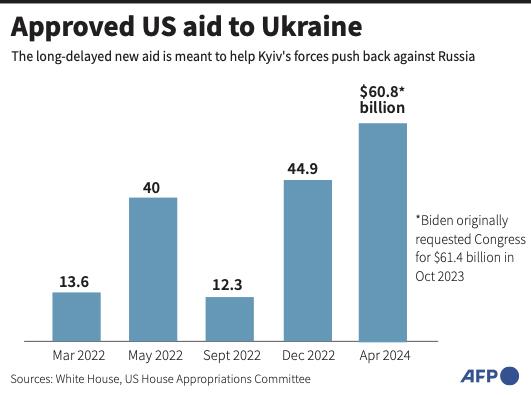
Boris Johnson, the former British prime minister and foreign secretary, is not known for his sophisticated understanding of the Middle East, or for his dedication to truth and accuracy.
In his memoir “Unleashed,” a bombastic account of his time in power, Johnson includes a chapter crudely titled “Selling the same camel twice.” Yes, this is the one dealing with the Middle East, tapping into yet more tired stereotypes.
Johnson recounts how as foreign secretary he showed Benjamin Netanyahu around his office. He tried to convince the Israeli leader that it was in this office, and at that desk, that Arthur Balfour, the former British prime minister, signed the infamous declaration that bears his name. Johnson even took out a ballpoint pen, chortling that this was used by Balfour to sign the document. He was delighted with the impression this made on the Israeli leader.
But in classic Johnson style, he admits he made it all up, and has no idea where the 67-word letter was written, a document he referred to as an “exquisite piece of foreign office fudgerama.”
Yet, this document is no laughing matter, not least for those non-Jewish communities, properly called the Palestinian people, who are still 107 years later denied their national rights. The Nov. 2 anniversary of the Balfour Declaration will feel considerably more bitter than usual for Palestinians. A genocide in Gaza, apartheid, and epic levels of Euro-American contempt for their rights have led to a stage in their history that rivals even the original Nakba for its levels of catastrophic loss.
The contempt of 2024 mirrors that of 1917. Perhaps the greatest difference was that back in the heyday of imperial mindsets, colonial grandees such as Balfour were completely at ease with their racist disdain for the natives of the Orient. It was not the least bit controversial in early 20th-century Europe to be parceling off other people’s lands to other peoples, to draw lines in the sand and rearrange the lives of entire nations.
Britain left Palestine, as it has so many other countries, most recently Afghanistan, in a state of conflict, preferring to run away from a problem than resolve it.
Chris Doyle
Outside the massed ranks of the far right and Make America Great Again crowds, many of the 21st-century politicians in the Euro-American world shrink away from overt racism, and pay lip service to equal rights, international law, and self-determination.
But lip service this has been. Since 1980, the major European states have all signed up to the political project of the two-state solution. Yet, for those 44 years, they have also done nothing to slow, let alone stop, the Israeli project to prevent any second state, the centerpiece of which has been the settlement project.
Can anything be done that might atone for this abject failure and historic crime against the Palestinian people?
Britain has a greater historical responsibility than any other country, one clearly that neither Balfour nor Johnson ever took seriously. Arabs are justified in referring to “perfidious Albion.” Britain broke its promises and split the Middle East with its colonial rival France, and sold out the Palestinians to the Zionist movement. As the mandatory power, it facilitated mass Zionist immigration, but refused to allow Palestinian rights and a single democratic state. Britain left Palestine, as it has so many other countries, most recently Afghanistan, in a state of conflict, preferring to run away from a problem than resolve it.
Anything done now would be too late, but it might prove to be a minor corrective to a dismal historical record. For years British politicians have toyed with the idea of recognizing an independent state of Palestine. Somehow the timing has never been quite right for the government. Excuses always seem plentiful and at the ready. Not now, but soon, when it can help the peace process, even though such a process does not exist.
Keir Starmer, the UK prime minister, could resurrect his flagging reputation today if he has the courage to take this step. The British government has it within its gift to recognize a state of Palestine based on the 1967 lines. It could do so tomorrow.
Would it matter? It would not be an epochal transformation, but symbolically and politically, yes. A recognition from Britain as the mandatory, colonial power would be powerful. Other states might follow. Starmer could try to persuade other powers, such as France, to join. It would be to recognize a state under occupation, a state under vicious attack — but that is why it matters more than ever.
The message to Israel would be clear. Do not think that trying to eradicate and build over the remnants of the occupied Palestinian territory means that Israel gets the land. Recognition would show a determination to procure that second missing state.
The unlawful occupation would still have to end alongside all systematic discrimination that the human rights community has designated a regime of apartheid. But at least Britain for once would be pushing back against the colonial project that it started over a century ago.
Who knows, perhaps one day a Palestinian leader will be shown the desk where the letter of UK recognition was signed?
Chris Doyle is director of the Council for Arab-British Understanding in London. X: @Doylech












